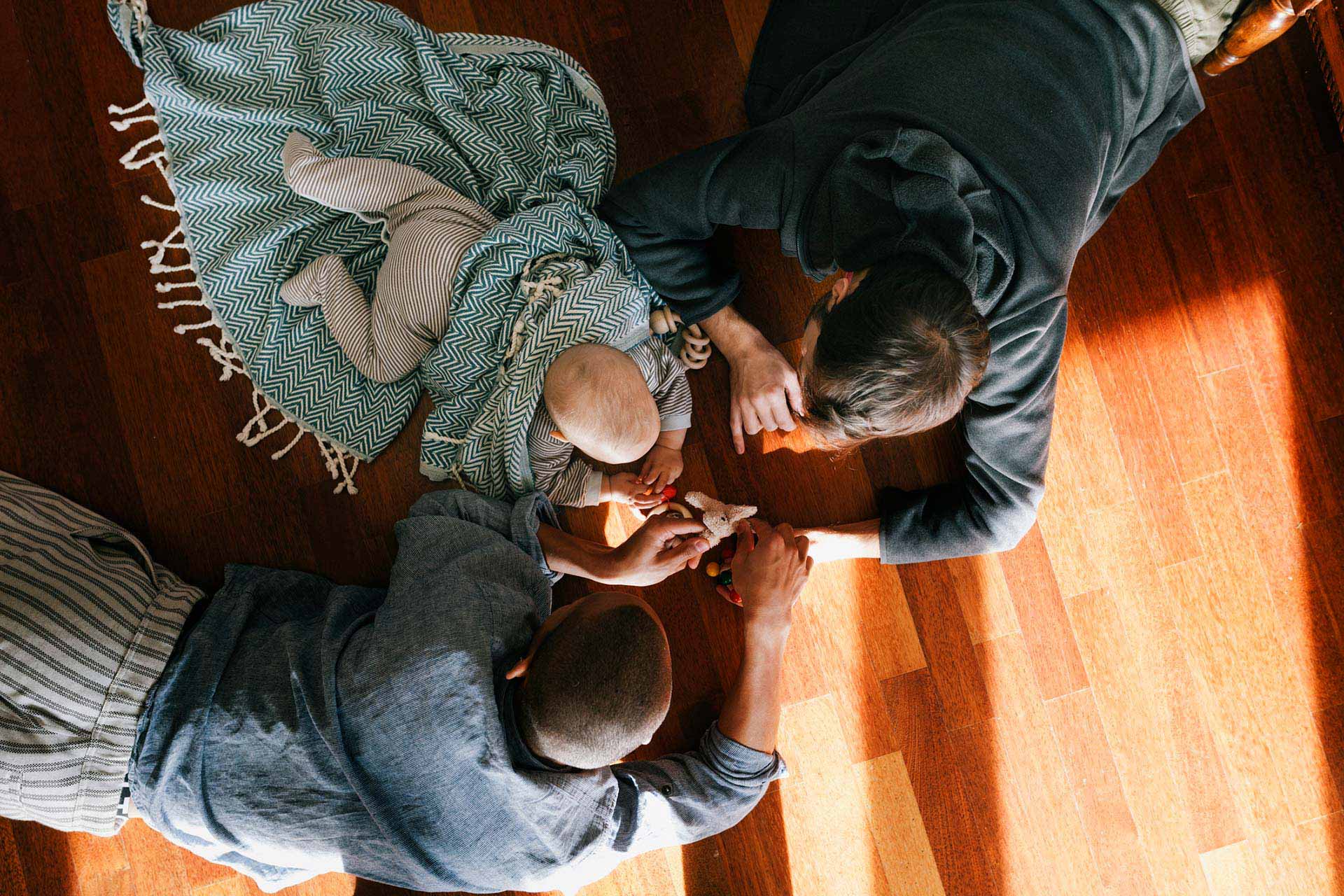It's true, we need essentials for every season. During the colder months, you and your kids might need warmer work clothes or school uniforms. In the warmer months, you might swimming gear or sports essentials. The challenge is that you might not always have the cash flow to get the things you need.
You could plan ahead and pay for the things you want in advance through lay-by, or you could take a personal loan - but which is better?
Plan ahead with a lay-by
There’s no denying that a lay-by is a good way to buy any household items you know you will need in the future. It’s the most cost-effective method, because you aren’t charged interest. In a typical lay-by agreement, you pay off a set amount every month over a set period. Once you’ve paid the full price of the goods, you get them.
A typical lay-by agreement lasts from 3 to 6 months but depending on the retailer and what you’re buying, they can be longer
Lay-bys save you money, but you need to plan ahead to start laying by early enough, so that you’ve paid off your items by the time you need them. If you haven’t already got a lay-by in place for essentials, you need another plan this winter.
You might have learnt a useful lesson about using lay-bys to budget better, but there’s no reason that lesson should include a bleak winter. You have other options.
A loan can be an immediate solution
A personal loan can help with many different personal needs, whether planned or unexpected – and it’s reassuring to know that Nedbank would never grant you a loan without first making sure that you can afford it. You should also calculate the total cost of the loan before you apply.
Credit like a personal loan can be a lifesaver. It’s useful to know how to manage loans so that they cost you less.
If you need living essentials and you didn’t start a lay-by early enough, a personal loan may be the next most cost-effective solution. The application process is quick and can be done online, on the Nedbank Money app, via Online Banking, or over the phone.
Once your loan is approved, you can buy what you need to prepare for winter right away. With cash in your account, you have the choice to buy from whatever store you want. This means you can hunt for promotions and special offers – where in contrast, a lay-by locks you into a set purchase at a set price. After that, shopping around for better bargains isn’t an option.
Paying interest on a loan, along with administration fees, are what makes it more expensive than a lay-by. But as you will see below, there are ways to reduce the total amount of interest you pay.
Buying on credit with less interest
A credit card or store card is another option when you need an item urgently and don’t have the time to save for it. As with a personal loan, both these forms of credit come with interest charges. But in all 3 cases, you can pay less interest in total if you tackle repayments aggressively.
A personal loan gives you 2 options when managing your debt. If your priority is to save on interest, it makes sense to pay more than the minimum amount every month, so you pay off the loan faster. On the other hand, if you don't want to reduce your monthly cashflow too much, you could choose to pay only the amount due for the full term of the loan, even though it will cost more in total.
Take, for example, an item priced at R2,000. If you put it on lay-by over, say, 5 months, you’d need to pay R400 every month. If you took out a personal loan for R2,000 at 18% interest to be paid back over a year, with all other loan fees included, your repayments would be just under R300 per month, but you’d pay almost R1,600 in interest and costs over the year – the total repayment amount is nearly R3,600.
But if you pay back R400 per month into your loan account instead – the same R400 that you would’ve paid on a lay-by – you will have paid off the loan in 6 months, saving more than R1,000 in interest.
Your total repayments would be close to R2,400, so it’s clear that a lay-by is still cheaper, if you plan ahead. But if you haven’t, and you take a loan, by paying the same monthly amount as you would on a lay-by for 6 months instead of 5, you could lower the cost of your loan significantly.
Good financial management involves weighing up possibilities and priorities. Saving up for things you need, or putting them on lay-by, will always be the least costly route.
When you’ve left something out of your plans or something urgent comes up, credit like a personal loan can be a lifesaver. It’s useful to know how to manage loans so that they cost you less.







